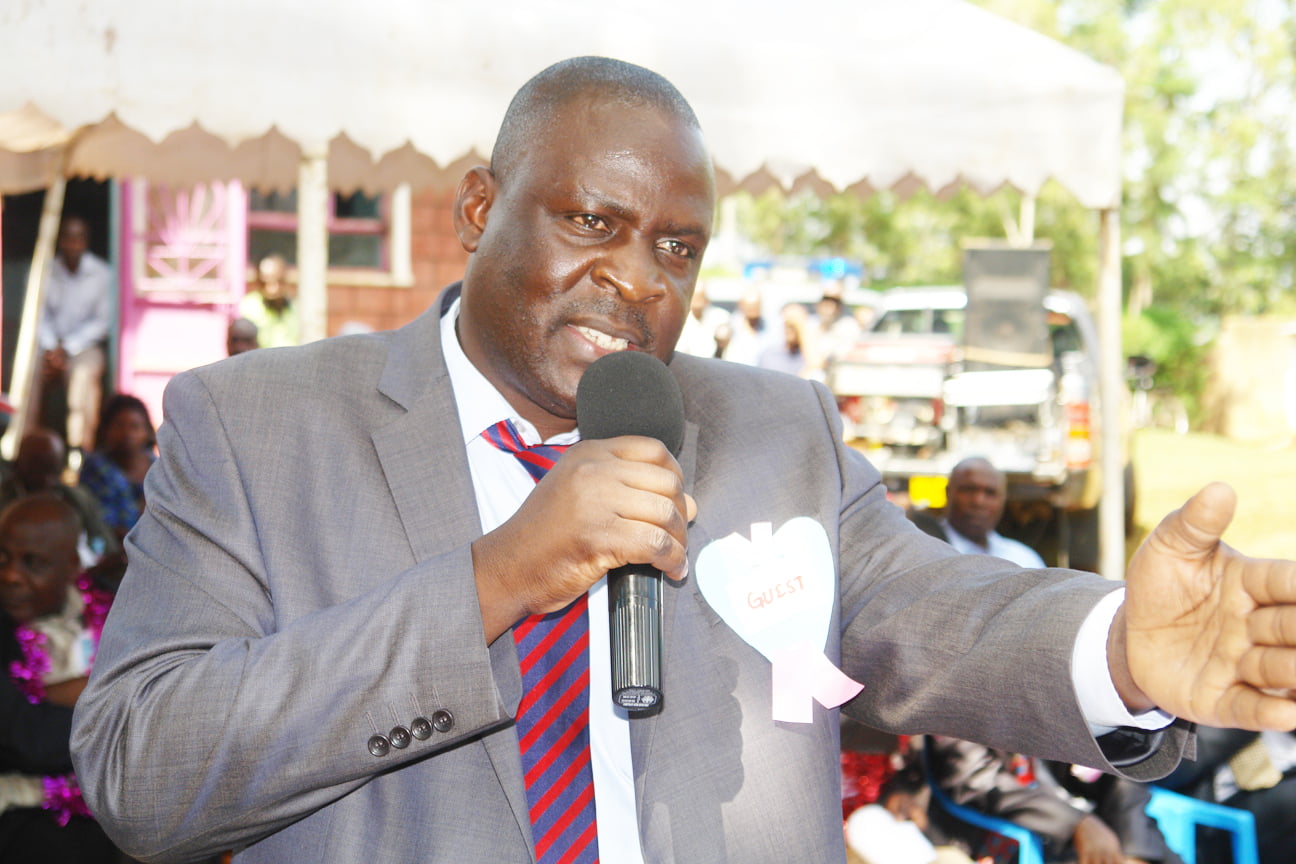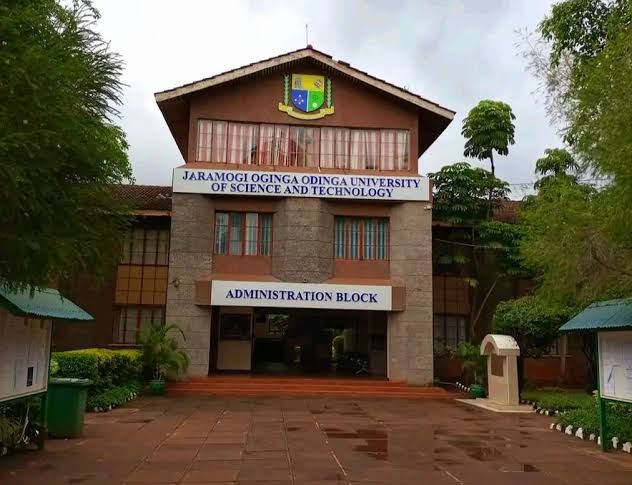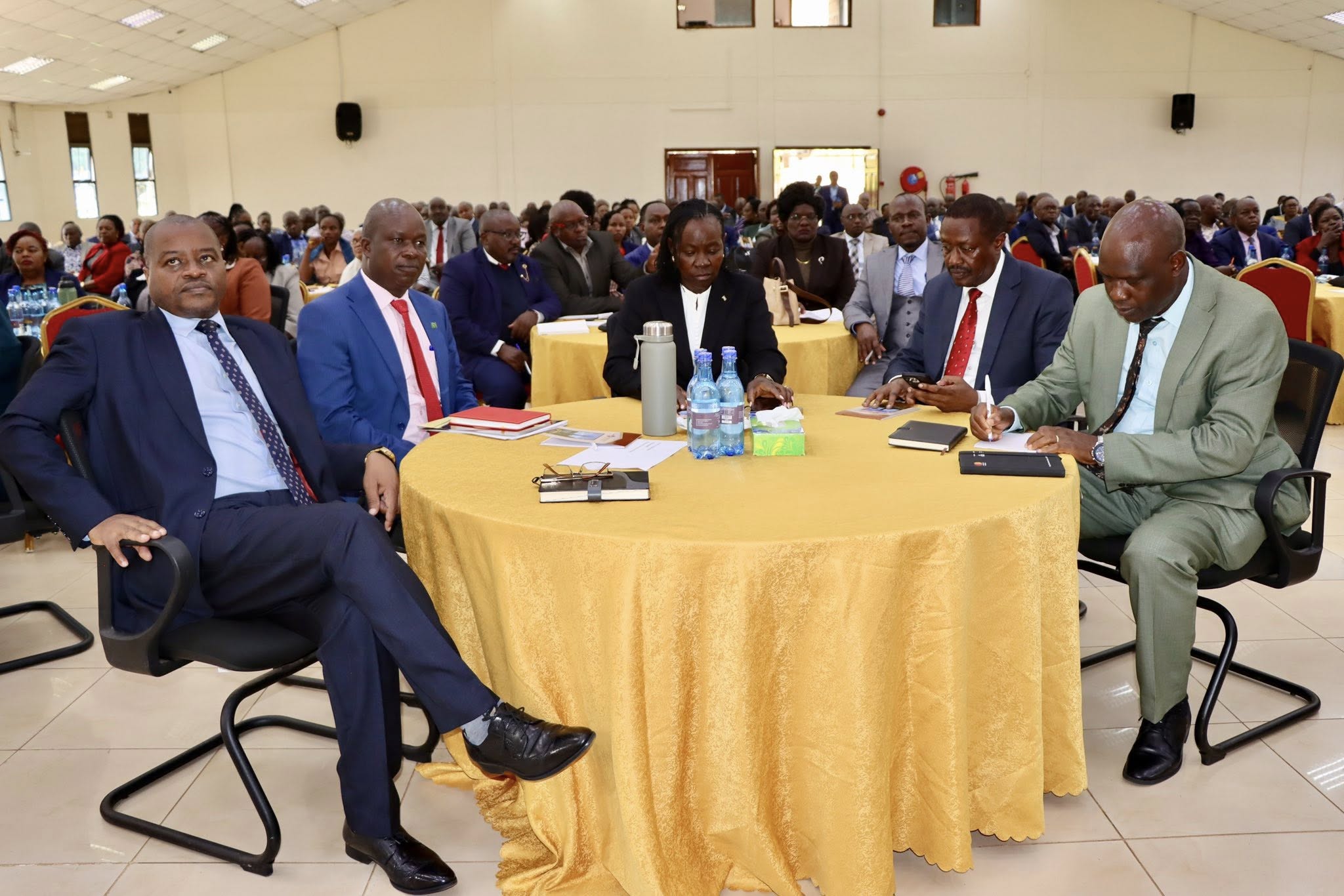By Kipilat Kapusia
The government has partnered with Non-Governmental Organizations (NGOs) to sensitize residents from marginalized areas on the new Children’s Act 2022.
The Act, which was signed into law by Former President Uhuru Kenyatta in July 2022, seeks to give legal aid and ensure the safety of children.
Speaking after closing a three day workshop on court users training, West Pokot County Children’s Officer Phillip Wapopa said some court users and children officers have not sensitized about the new law and had no booklets to help them in their work.
He revealed that there’s need to translate the law into local languages for residents to understand it well.
“We have put in place measures to enlighten the communities on the new law. We shall use the church, chiefs in remote areas, local FM radio stations and even translate the law into the Pokot language,” he said.
He said that the new law was progressive and child friendly in nature.
He gave an example of Article 53 of the Act that states that both parents of a child, whether married or not, have the same parental responsibility towards the child.
The former Act only allowed the mother to stay with the child. Issues of maintenance were also only handled by lawyers but now, children officers and civil societies have the powers to take such cases to court.
He called on communities in pastoral areas to make sure their children are well protected and taken to school.
Patricia Kirugi of the National Legal Aid Service Organization said it is a new dawn for the Kenyan children as many gains have been made on the new Act.
“We have alternative family justice systems like kinship, guardianship, adoption, kafaalah, foster care, care in emergencies, temporary shelter, supported independent living, supported child-headed households and aftercare to make the child protected and use diversion,” she said.
Ndubi Okwengu, a senior resident Magistrate at Kapenguria law courts, listed some of the areas they have gained knowledge in like child maintenance, custody, existing laws concerning children with conflict and children conduct of the law.
He noted that such knowledge is very essential in their work in the judicial offices.
“We have learned about diversion, its purpose and what diversion agreement entails,” said Mr Okwengu.
He expressed concern that communities in the region are so much rooted in cultural practices hence capital crimes like defilement are settled in village barazas where witnesses won’t go to court.
He cited a challenge on placement of children in conflict with the law.
“The law provides that a child cannot be convicted but can be put in rehabilitation. A child cannot be put in custody or convicted in prison yet there are no children charity institutions in the region,” he said.
He further stated that the communities need a lot of sensitization and legal aid.
“People in areas like Alale, Sigor and Kainuk don’t know the court process and they have no capacity and knowledge to do so. They need legal aid to know what is supposed to be done during trial so that they represent themselves better. They rely on repugnant culture to settle disputes of capital nature which are repugnant to justice and morality,” he said.
Teresa Cheptoo West Pokot county World Vision Child Protection officer, said they are up to the task of sensitizing the community on the new law.
Masika Mwinyi of Deutsche Stiftung Weltbevölkerung (DSW) organization said the new law has been embraced though most people from flung areas still don’t understand the law.





